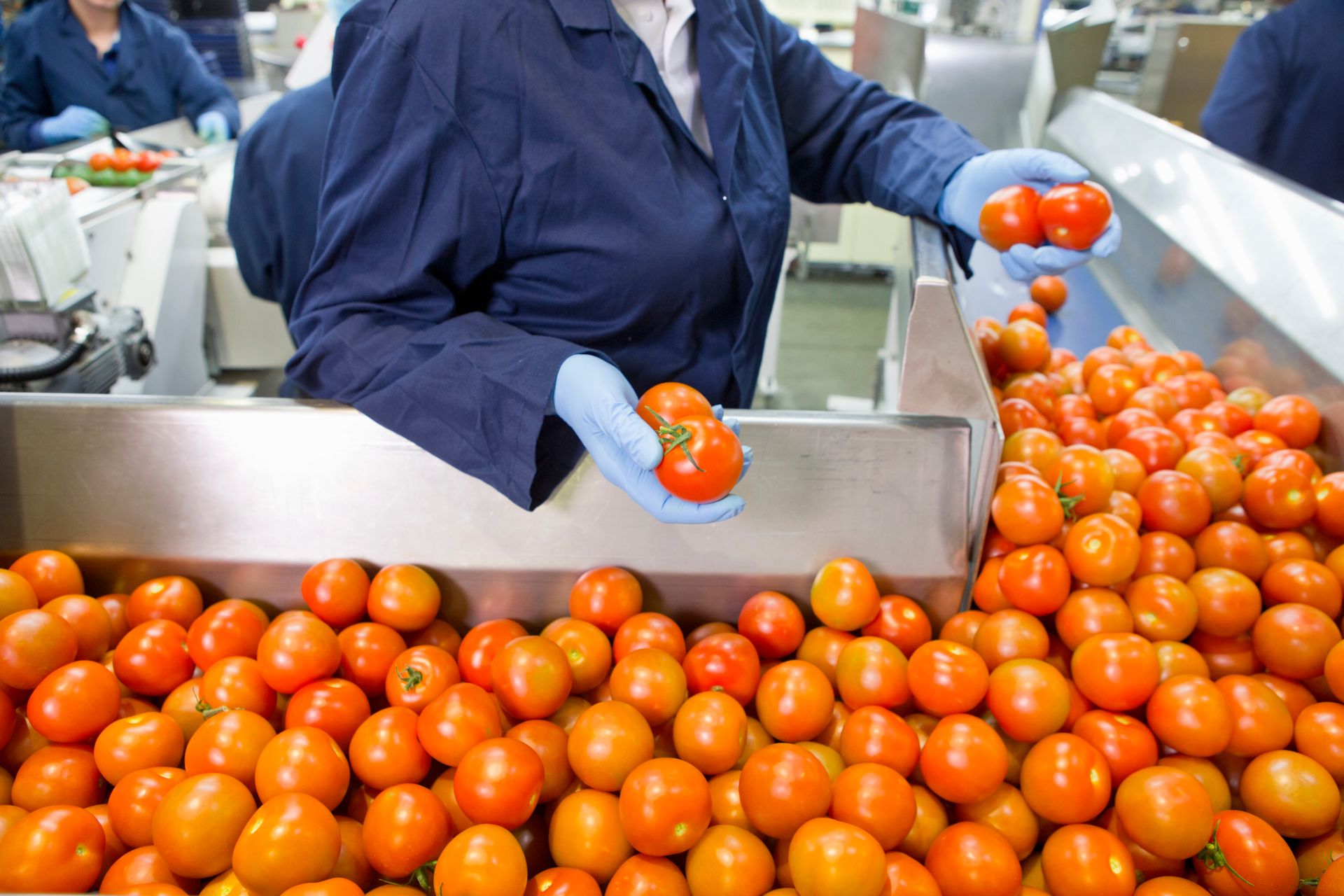It is common knowledge that food industries have a complex and, depending on the segment, an extensive supply chain, which makes the process of managing their suppliers a major challenge.
One of the tools used for supplier management is the 2nd party audit to approve, monitor, and verify the effectiveness of the implementation of the criteria defined by the organization, using qualified auditors to perform this activity.
QIMA has specialists to support your organization in defining supplier management criteria, as well as competent auditors to perform compliance assessment audits throughout the supply chain.
What does Supplier Assurance mean?
The GFSI (Global Food Safety Initiative) defines in its Benchmarking (GFSI Benchmarking Requirements - Version 2020) that procurement processes must be controlled to ensure that all purchased materials, including those purchased externally and services that impact food safety, conform to the organization's specified requirements or specifications, as well as food safety and legislative requirements. Source: https://mygfsi.com/news-and-resources/?type=publications
Therefore, it is understood that supplier management is a prerequisite program that every food company or that is within the food supply chain should implement and monitor within its management system.
Using 2nd party audits as a tool for Supplier Management According to ISO 19011:2018, 2nd party audits are audits conducted by organizations, or others on their behalf, on their suppliers to determine the extent to which audit criteria (requirements) are met.
The criteria for a 2nd party audit are therefore determined by the company managing its suppliers, and may include requirements related to quality, food safety, legal requirements, social responsibility, etc.
Determining these criteria can be a challenge for small companies and/or companies with less developed management systems. Therefore, one reference for food safety is to use the GFSI Global Markets checklists or the programs developed by the GFSI certification standards in the Global Markets model, such as IFS Global Markets, BRCGS Start! and SQF Fundamentals.
Learn more about each of these programs in detail on the pages below:
QIMA has experts to support you in choosing the best program depending on your business needs.
Need more information?
By contacting QIMA you agree to our privacy policy and terms and conditions.
Why enroll in the Supplier Assurance program?
Benefit from the experience of our experts to support you in developing your organization's supplier management program
Increase confidence and improve management of the risks associated with your supply chain
Meet the requirements of globally recognized food safety certification standards
Be recognized as a responsible business
Why choose QIMA for Supplier Assurance?
Seamless Communication & Service
Responsive technical support at every stage
Transparent certification process & on-time certification delivery
Exceptional service quality validated by 72 NPS score
Cost & Time Optimization
Multi-scheme audits reduce site visits and costs
Streamlined processes minimize operational disruption
Optimized local auditor deployment
Industry Leadership
30+ years pioneering food safety, organic, and sustainable standards
Comprehensive farm-to-fork certification ecosystem
Advanced technology for compliance monitoring
